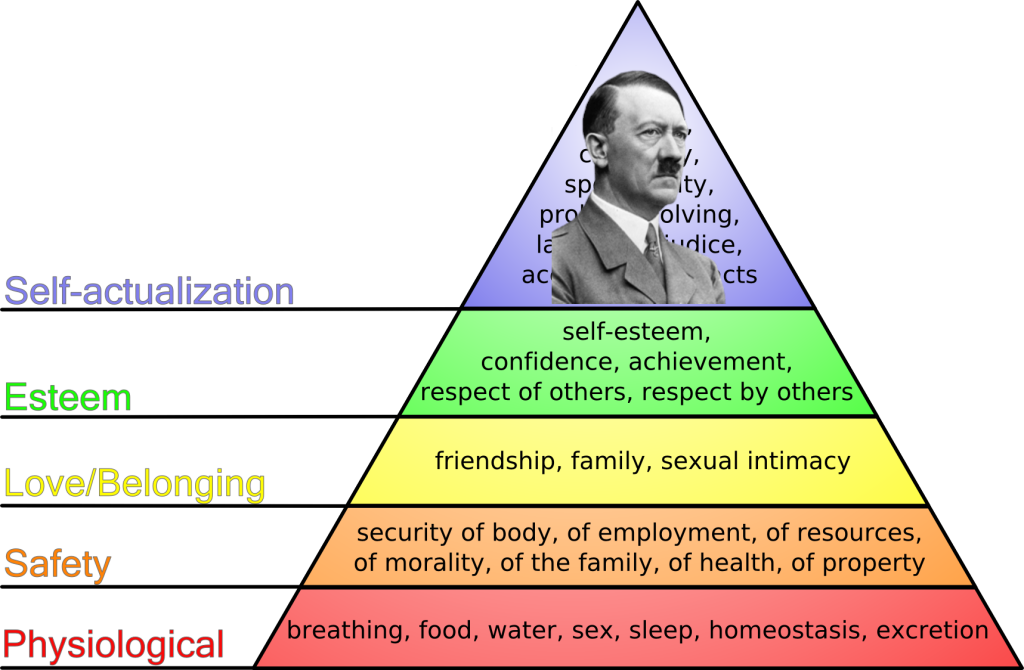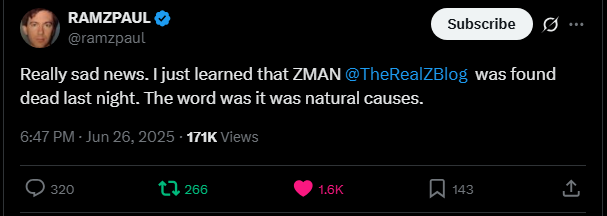
Author: Zeal
Date: 7/18/2025
Logos is an ancient Greek word that has various meanings and connotations. Among those, I infer the most common meaning is ‘reasoned argument or discourse.’ When someone is making an argument or simply communicating anything at all, there are underlying premises that are taken for granted. These premises form the foundation for what is communicated and how it is interpreted. These premises are no different functionally than the foundational axioms in mathematics, such as the axiom of identity (1=1).
When I refer to ‘logos’ I am referring to the foundational logical premises from which everything derives from. This is similar to how Heraclitus defined it: the rational principle that governs the universe. The universe has a defined structure and rules that govern it. These are often so ingrained and taken for granted that they need not much consideration.
When we drop a glass mug, we expect it to fall and shatter. We assume it to be true any time it happens. We expect it to be true because we understand the rules of the universe and naturally assume it to be deterministic. Deterministic effectively means ‘not random.’ We assume the universe isn’t rolling dice in the aether to determine if the mug will fall or not, just as we assume 2+2 isn’t 4 on some days and 5 on others.
Fortunately, the universe doesn’t believe laws are to be ignored or selectively enforced, unlike our politicians. If you attempt to inject falsehood among truth, the entire system falls apart. If you replace 2+2=4 with 2+2=5 in mathematics, the entire realm of mathematics falls apart. As an aside, it’s something that the AI-merchants have a hard time dealing with: How do they inject PC-culture lies into a system defined by patterns and truth? It runs into contradictions when doing any advanced deductions. The AI is forced to simply not answer and instead give you a corporate-bureaucrat speech about the morality of the questions.
As animals, we’re born equipped to learn the rules of logos and act within accordance with them. Some behaviors aren’t learned, they’re ingrained as instinct – a beaver will build a dam, geese will fly south during winter, baby sea turtles will crawl to the sea, and trout travel up rivers to lay eggs.
Order is thus derived from logos and defined by it. Order is the opposite of entropy. The process of entropy is, in a nutshell, the rules of the universe acting as a battering ram against unstable arrangements. Disordered systems within the confines of logos are eradicated, such as a radioactive isotope decaying into more-stable products. Thus, self-propagation is tied to order. This applies to everything, including life. What is ordered – what is good, can be judged by what works, survives, and thrives.
It’s at this point that people may begin to wonder about the implications. They may wonder if some bad behavior can be justified due to its success or longevity. That’s a good question. Can we justify evil if it works? No more than you can justify cancer because it spreads. A system must be judged as a whole instead of individual components – the whole in this case being a society, a race.
Nature didn’t produce humans as isolated individuals. Nor did it produce humans without regard to their ecosystem or other animals. It produced humans as a social animal, where the biological self-actualization is the will of the collective people. Think of Maslow’s hierarchy of needs, but racially and collectively instead of individually.

It’s from this foundational understanding of logos that we can begin to ask what is good and ordered and ask what is bad and disordered.
-Zeal


